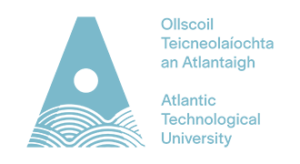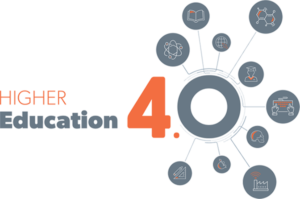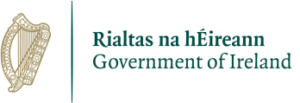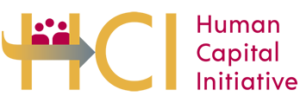Categories of Prior Learning
Prior learning is acquired in different ways and can be broken into the following three categories:
Formal learning takes place through programmes or courses of study that are delivered in an organised,
formal way by education providers and that attract awards or credits. Formal learning is sometimes referred to as certified or accredited learning. Under the principle that credit should only be awarded once, such prior learning is given recognition rather than accreditation.
Non- formal learning takes place alongside or outside the mainstream systems of education and training. It may be assessed but does not normally lead to formal certification. Examples of non- formal learning are planned learning and training activities undertaken in the workplace, voluntary sector, or in community based settings.
Informal learning takes place through life and work (e.g. ‘on- the- job’) experience. It does not lead to certification.
Modes of Evidence of Prior Learning
Prior learning can be evidenced using two methods, prior certified learning or prior experiential learning or a combination of both.
The evidence required to support an application for RPCL is:
- Copy of your official transcript result
- Copy of the module descriptor (syllabus) that details the level, duration, module
learning outcomes.
In this case, the candidate must demonstrate that the learning outcomes have been achieved by producing a Portfolio of Evidence to support the claim for access, exemption or credit (in some instances the assessor may decide to use an alternative method of assessment, e.g. project or examination).
As a general principle, credit is given for learning, not for experience per se. The portfolio of evidence must be written in such a way ensuring it is clearly demonstrated that prior learning matches the knowledge, skills and competencies of the module learning outcomes and/or relevant award standard for entry. As part of the assessment the learner may be interviewed by an appointed assessor. Learners can receive support with developing their portfolio from the RPL Coordinator.
Examples of Evidence of Prior Learning
Use the table below to determine the type of evidence you may wish to include when seeking entry or advanced entry to a programme, or module exemption.
Please note: you may use the same evidence in more than one instance when completing your RPL portfolio.
What is it?
Learning you have achieved that is certified and clearly aligned with a level on the NFQ Framework.
- National Awards and Qualifications that has been NQF credit rated (Certificate or Diplomas in Higher Education, Degrees, Postgraduate or Masters Degrees)
- Apprenticeships
- Certificates
- Transcripts of results
- Syllabi
What is it?
Non- formal learning takes place alongside or outside the mainstream systems of education and training, such as industry recognised certification. It may be assessed but does not normally lead to formal certification aligned with the NFQ.
- Industry Certificates
- Industry Diplomas
- Professional Development Courses
- Professional Body Awards
- Awards and certificates from work
- Certificates
- Descriptions of courses
- Certificates of attendance
- Samples of materials
- Self-study schemes
- Learning Outcomes
What is it?
Informal learning takes place through life and work (e.g. ‘on- the- job’) experience. It does not lead to certification.
- Life experiences
- Work experiences
- School activities
- Caring work (family)
- Sports/Coaching
- Supervision and mentoring activities
- Volunteer activity
- Workplace training
- Hobbies
- Job descriptions
- Responsibilities
- Reports
- Project plans
- Designs
- Photographs
- Completed documents
- Letters of verification
- References
- Records from HR Departments
- Press release
| Learning | Explanation | Examples | Examples of Evidence you could provide |
| Certified / Formal | Learning you have achieved that was certificated and rated on the NFQ Framework. | National Awards and Qualifications that has been NQF credit rated (Certificate or Diplomas in Higher Education, Degrees, Postgraduate or Masters Degrees) Apprenticeships |
Certificates Transcripts of results Syllabi Research Reports/thesis |
| Experiential / Non-formal | Learning you have gained through personal experience (day to day life). | Life experiences Work experiences School activities Caring work (family) Sport/coaching Supervision and mentoring activities Volunteer activity Workplace training and professional development courses Hobbies |
Samples of materials Job descriptions Responsibilities Reports Project plans Designs Photographs Completed documents Letters of verification References Records from HR Departments |
| Experiential / Informal | Learning that signifies your past achievements (not rated on the NFQ Framework). | Industry Certificates Industry Diplomas Professional Development Courses Professional Body Awards Awards and certificates from work |
Descriptions of courses Certificates of attendance Samples of materials Voluntary activities Self-study schemes |




